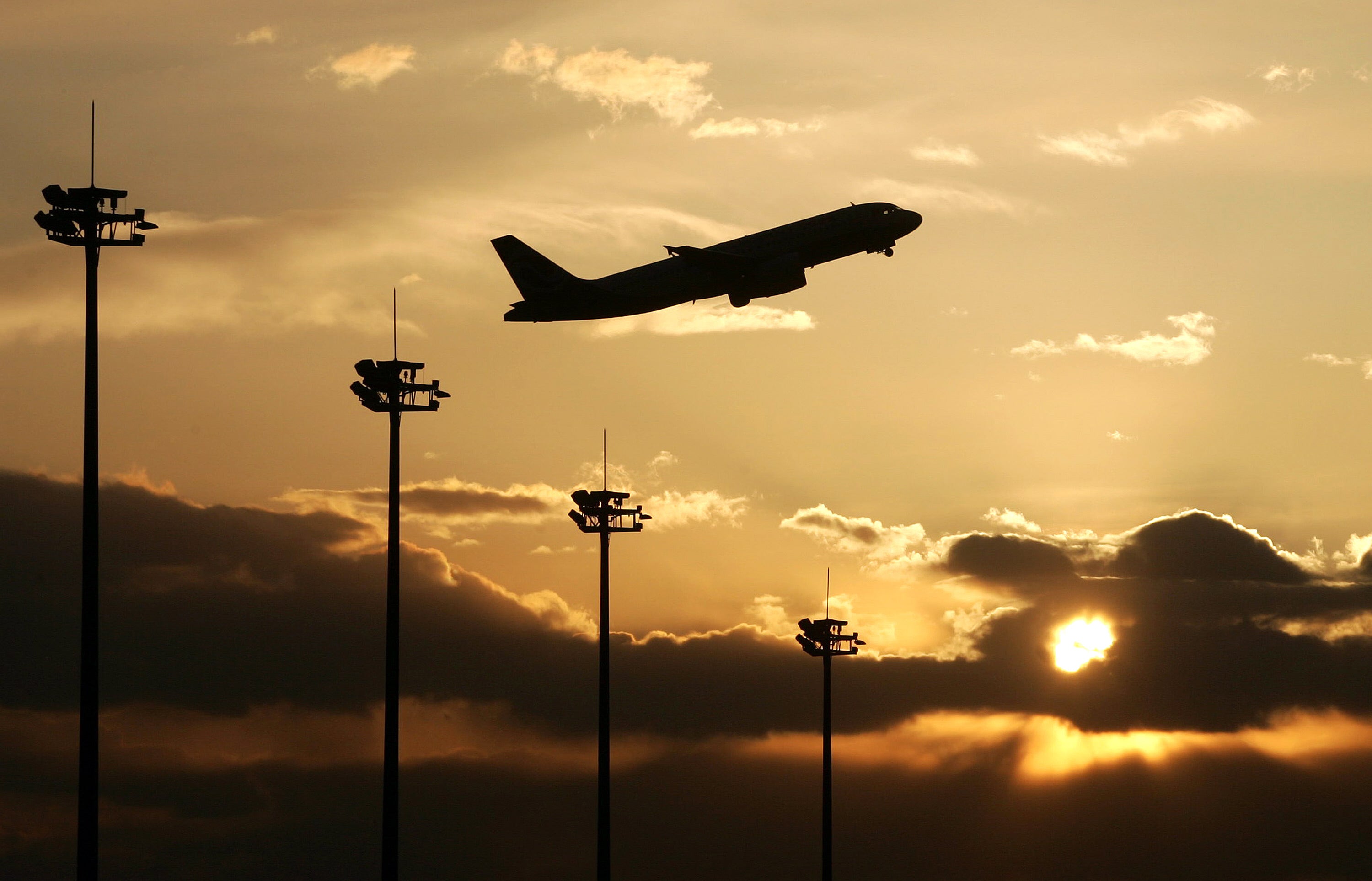The Independent's journalism is supported by our readers. When you purchase through links on our site, we may earn commission.
How to beat jetlag: New app models sunlight patterns to sync your circadian rhythm
Travelling internationally disrupts our circadian rhythm by exposing our body to unexpected sunlight - this new app caculates how much light you need

A new app that uses mathematical models to help overcome jetlag by telling you when to sleep and how long for is set to see globetrotters the world over rejoice (after a good night's sleep).
Currently it can take up to 13 days to get into sync with a new time zone but mathematicians from the University of Michigan have created an algorithm that calculates the hours of sleep and exposure to daylight necessary for travellers to acclimatise in just 48 hours.
Jetlag is the often debilitating result of breaking our “circadian rhythm” – the natural body clock that tells us when to sleep and when to wake. Travelling several thousand miles violently disrupts a pattern that from an evolutionary perspective has never been broken at all.
Scientists have been aware for some time that exposure to light warps the body’s sense of time and confuses its circadian cycle, likening it to having every clock in your house set to a different time.
Overcoming jetlag is about returning to a rhythm that our bodies can understand, or if possible, preventing too much deviation before the jetlag can worsen.
The mathematicians from Michigan developed a model capable of evaluating different scenarios to determine how our bodies react when thrown out of rhythm and how it can be remedied.
Their tests, published in the journal PLOS Computational Biology, found that in order to restore individuals' circadian rhythm, periods of light and dark need to be simulated to trick the body clock.
Daniel Forger, a mathematical biologist at the University of Michigan, told Scientific American that the solution was actually simpler than they expected: “We thought the answer would be extremely complicated: At 3:40, you need to get this much light, and at this time, you need to get this much."
Another student, Olivia Walch, then synthesised these results into an app known as “Entrain” which has red eyed passengers sleeping properly within two days and fully recovered in four.
Users of Entrain enter their ordinary sleeping hours and where they will be travelling to. The app then produces a unique, real time schedule to follow to limit and repair disruptions to their biological clock.
Join our commenting forum
Join thought-provoking conversations, follow other Independent readers and see their replies
Comments